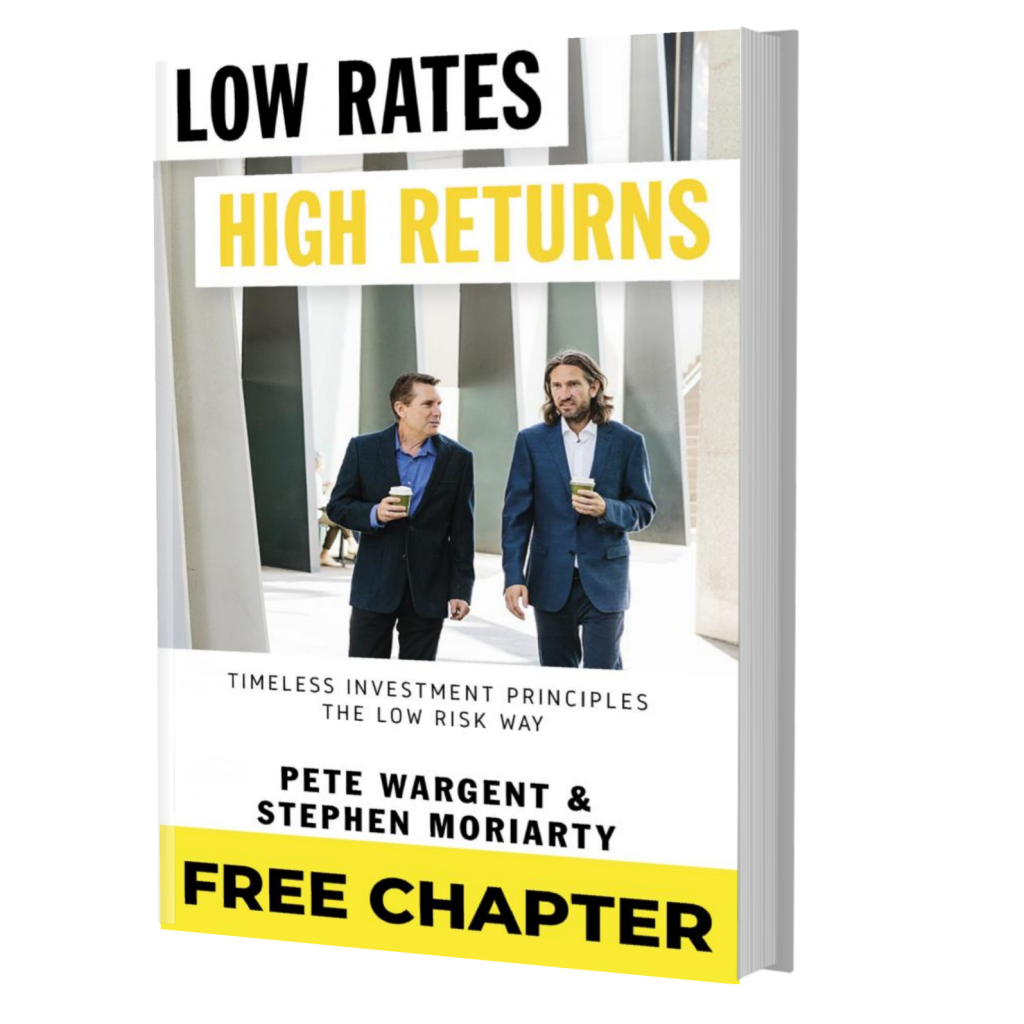To the ivory tower
Some friends I worked with in the early days of my professional career were the heart & soul of all social events, always at the centre of anything that was going on, and with a mercurial talent for the gathering and subsequent distribution of office gossip by the truckload.
As the years rolled by and they moved up through the ranks, though, the more their suggestions for nights out became interpreted as orders, they began to be sidelined from the rumour mill and the most salacious tittle-tattle, eventually becoming excluded from social gatherings altogether.
As they gained seniority and approached partnership, although fundamentally unchanged characters they were deemed to be too important to be invited along, and increasingly the new junior staff tiptoed respectfully around them…
How did you get here?
What Got You Here Won’t Get You There is the title of a 2007 book by Marshall Goldsmith, mainly focused on management, the career ladder, and how employees need to adapt their workplace habits over time to get to the top.
To some extent the phrase could apply to whatever you do through life, and it got me thinking whether the statement always holds true – if you keep employing the same strategies and habits you’ve used in the past, does it necessarily follow that you’ll continue to get the same results?
Certainly small business owners would be familiar with the concept introduced below: as a new start-up you’re hungry, aggressive, and say ‘yes’ to almost everything; but eventually comes an imperceptible tilting of this balance, and to progress to the next level it becomes important to say ‘no’ more often.

Furthermore, you’ll need to remove the roadblocks if you want to allow revenue to be scaled up dramatically, so what you’ve done to date will indeed need to change.
On the other hand, if an investor has an effective and repeatable strategy arguably the power of compound interest will see them get from here to there eventually (if not always as quickly as they might like).
3 pointers for getting from here to there
Interesting concept – here are three pointers for navigating the journey:
(i) Listen to feedback – as we progress through life it’s tempting to attribute too much of our success to skill instead of luck, leading to a risk of overconfidence.
Don’t plough ahead while dismissing criticism or adverse outcomes, says Goldsmith, as you could be missing valuable or critical learning opportunities!;
(ii) Candour – being open, honest, & frank is greatly beneficial in the long term, allowing you to nip potential problems in the bud; and
(iii) Own your mistakes – through candour we should all be clear about our roles and responsibilities, and arising bad habits can be dealt with effectively.
It’s better to own mistakes; when people try to cover them up worse things can eventuate down the track.
Finally, it can’t be said often enough that you should try to enjoy the journey as well as the destination.
You might need to alter your strategies a bit over time to get to the top, but if it’s not enjoyable or fun for you then what’s the point of it all?





